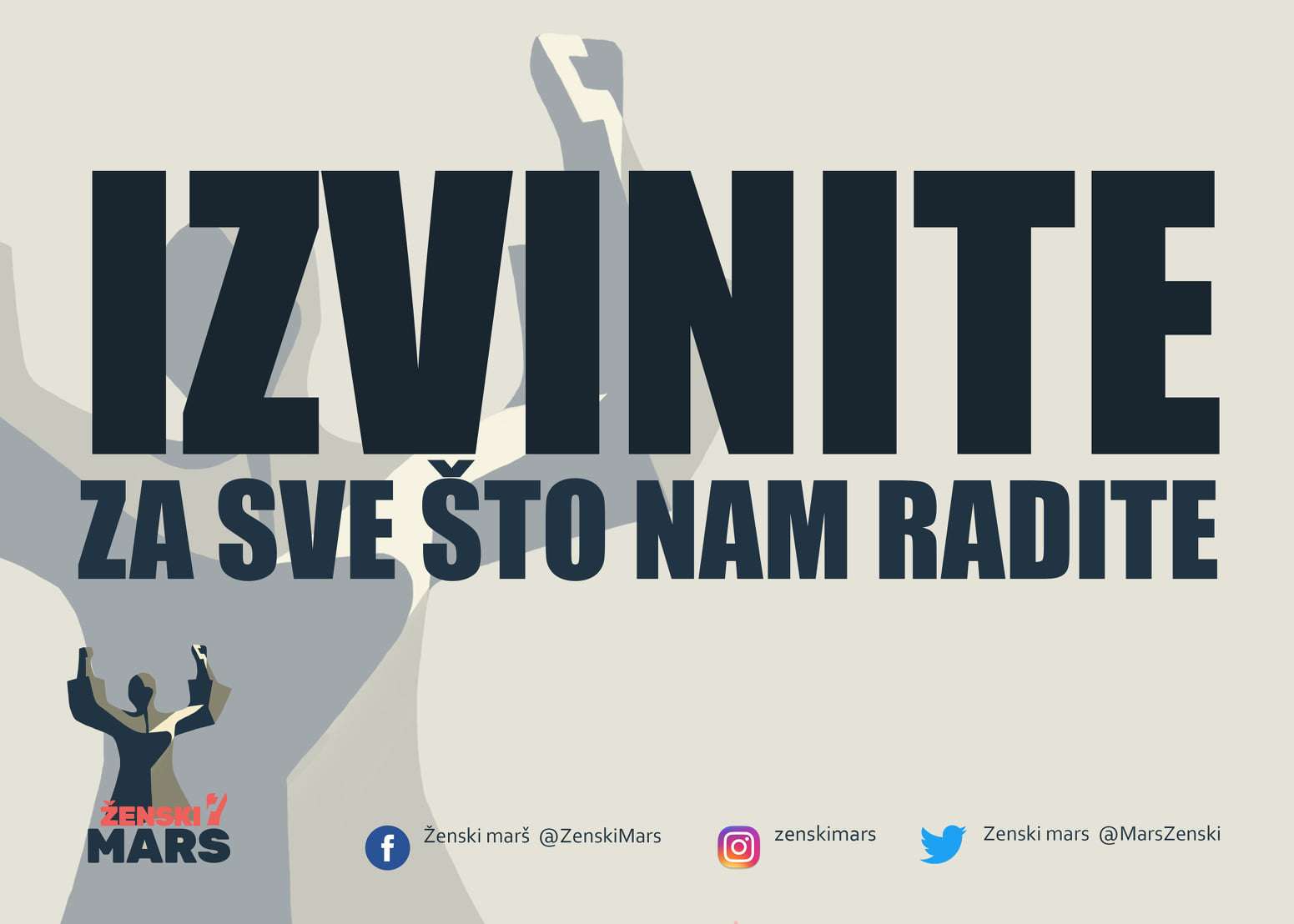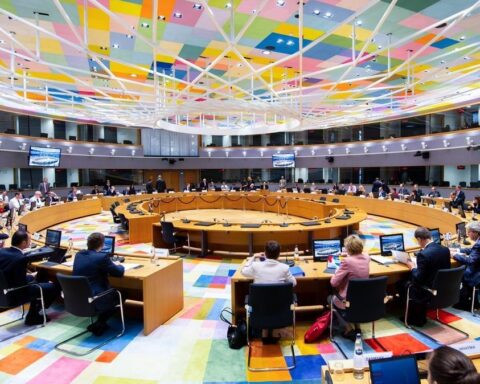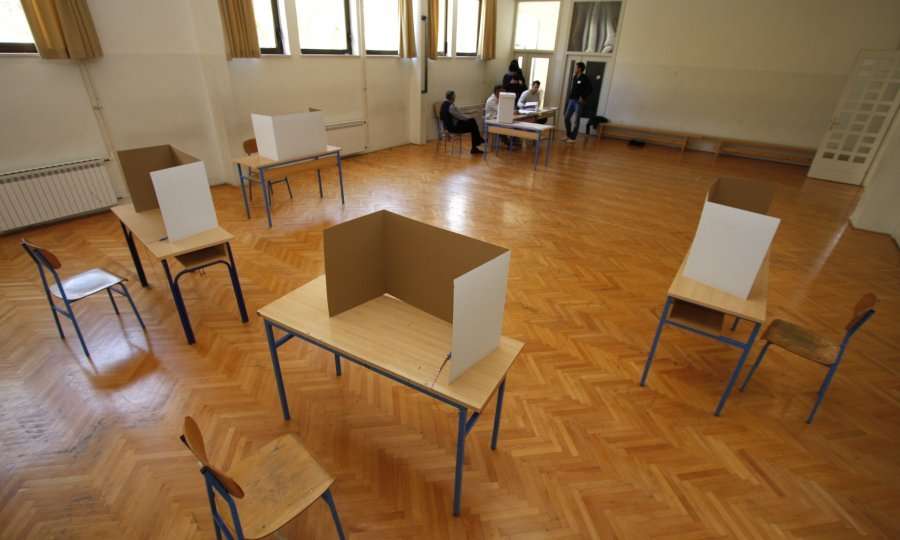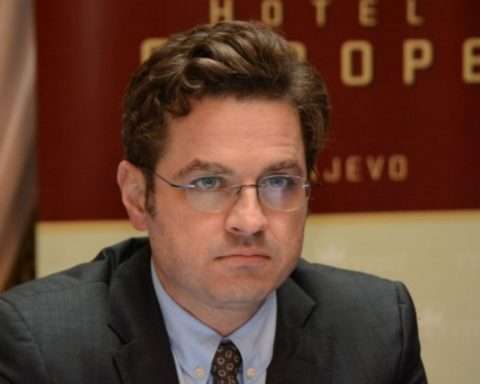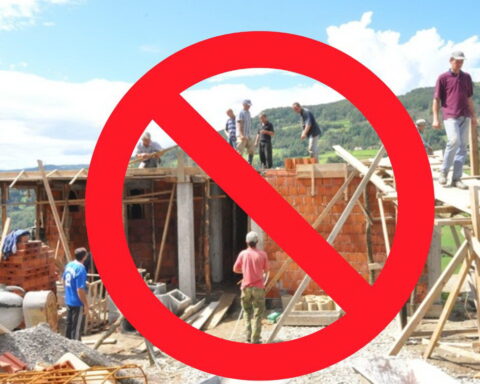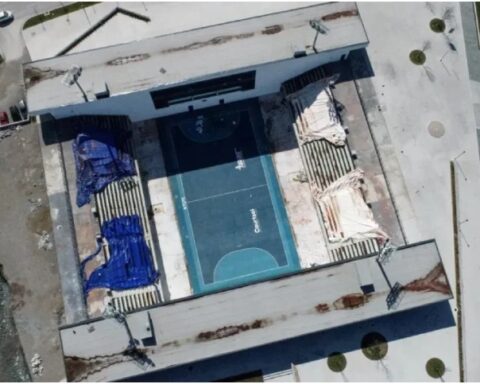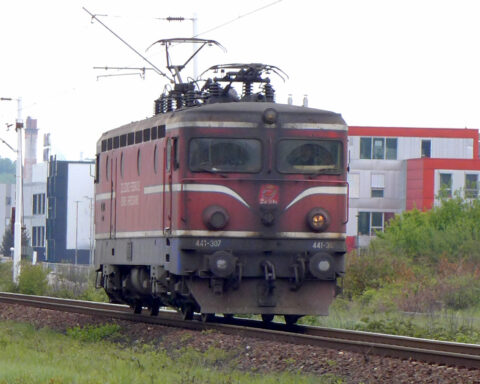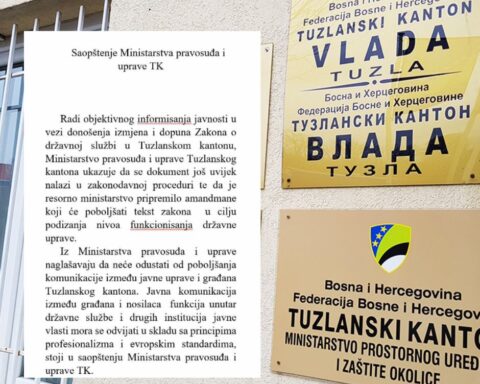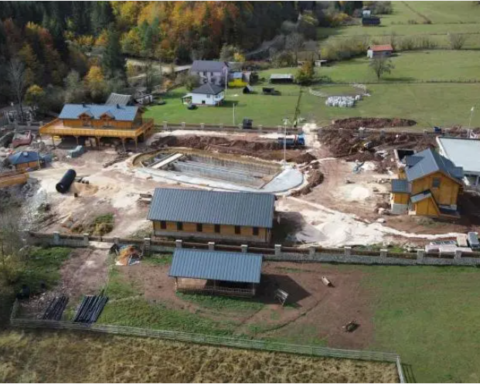 Since the 2013 Census showed that women are the majority of the population in Bosnia and Herzegovina with almost 51%. On January 29, 2015, the Presidency of BiH adopted a Statement on the commitment of institutions at all levels of government in Bosnia and Herzegovina to implement necessary reforms within the process of accession to the European Union. It was confirmed a month later by both Houses of the Parliamentary Assembly of Bosnia and Herzegovina. We could say that we women are part of these processes and that we have nothing to worry about, because everything is already arranged and we just need to relax and wait for that train for the EU in which someone will push us by default.
Since the 2013 Census showed that women are the majority of the population in Bosnia and Herzegovina with almost 51%. On January 29, 2015, the Presidency of BiH adopted a Statement on the commitment of institutions at all levels of government in Bosnia and Herzegovina to implement necessary reforms within the process of accession to the European Union. It was confirmed a month later by both Houses of the Parliamentary Assembly of Bosnia and Herzegovina. We could say that we women are part of these processes and that we have nothing to worry about, because everything is already arranged and we just need to relax and wait for that train for the EU in which someone will push us by default.
But if we look around and scratch the surface, we will be convinced that paper suffers everything and that the Statement of Determination is just a dead letter on paper. As we will be convinced that when discussing commitment, through negotiating and creating the statement until later no women meet the reform requirements. Non-participation of women at the negotiating table is so common that it has become quite normal that women themselves no longer wonder why they are not participants in these processes. Why they do not have the opportunity to propose priorities and solutions concerning the majority of the population in Bosnia and Herzegovina. Which they represent or should represent.
Equally Guilty
When the media in Bosnia and Herzegovina talk about Atlantic and Euro-Atlantic integrations from the political milieu, the interlocutors are men, while from the academic one we can hear the female voice, opinion and attitude and the real state of the process itself.
This, of course, is by no means up to the media, but above all shows that most women in political parties have accepted that the topic of Atlantic and Euro-Atlantic integration is a male topic and area.
This shows that even when the elected and nominated launch some initiatives or propose amendments to some laws, they do not score points by putting it within the framework of Atlantic and Euro-Atlantic integration.
Gender equality as a fundamental human right is an integral part of the EU integration process.
In Bosnia and Herzegovina, the issue of gender equality is still perceived as a frustration for women who would now only occupy certain positions and thus remove men from the throne, and never as a policy of social, economic and any other recovery.
If gender equality came to life in the true sense of the word, it would mean that we equally participate in policy making, their implementation, at negotiating tables in the process of electing and forming coalitions, through staffing to meetings and negotiations with representatives of international institutions.
The collective security factor may play a role today more than ever. The defence and security system in Bosnia and Herzegovina has almost no women in leadership positions, so when war or peace is mentioned, we hear only the views of men, as in the 1990s. I often wonder if today’s narrative, today’s state of affairs, would be like this if women were also asked for their opinion or imposed themselves as a factor that should be taken into account starting from the parties in which they operate. I don’t think women are banned, just as I don’t think the only culprits of women’s exclusion are men. I would rather say that in this constellation we are all equally guilty if somewhat women are even more guilty. According to unofficial statistics, about 33% of women in BiH political parties are active, which is not a negligible percentage, so the question is why women are underrepresented in political processes and why they agreed to the practice of being part of the process, if the male leadership even remembers and calls them.
In addition, it is worth mentioning that the integration process is rarely talked about from the state level, and rarely from the cantonal level, while almost never from the local level. It seems that the elected and appointed at lower levels have accepted themselves that the topic of BiH’s integration into the EU is a matter of high politics and its place belongs to the highest state level. Perhaps the way in which this process was set up from the beginning also contributed to the alienation of lower levels from this topic.
Local and cantonal innovations in the Federation of BiH are deprived of entity voting and a bicameral system, making it easier to pass budgets and implement policies that contribute to community progress.
And a Gender-Responsive Budget
The role of those elected and appointed at the local level, especially women, in the context of BiH integration into the EU could be to finally contribute to a gender-responsive budget that is equally spent on men, women and all those who do not feel as men and women.
In order to change the situation in the context of equal representation of women in the process of Atlantic and Euro-Atlantic integration of BiH, the majority of the population in BiH, namely women, must insist on equal participation, fight for presence in every part of the socio-political process. Before that, the way women’s interest organizations in the parties act, should change. Which would finally become a place where women ‘deal with’ politics. A political body that will bring women to positions from which they will represent us and bring in a women’s perspective on political action, solutions and policy implementation. In that way, women in campaigns would be encouraged and supported by women from the party’s interested women’s organization, and with their help and support they would be more represented in the media and at rallies. In cooperation with women who are their potential voters, women candidates would create their own policies and solutions that they will present in the election campaign. These would be vital topics and solutions and thus would contribute to minimizing this ethnic narrative and encourage voters to choose those that speak to real problems and solutions that affect us all, regardless of their ethnic background.
In this way, we would all together contribute to a greater representation of women in decision-making positions, which means in the processes of Atlantic and Euro-Atlantic integration.
(The author is the director of the Women’s Academy, an activist of the ’Women’s March”.)

